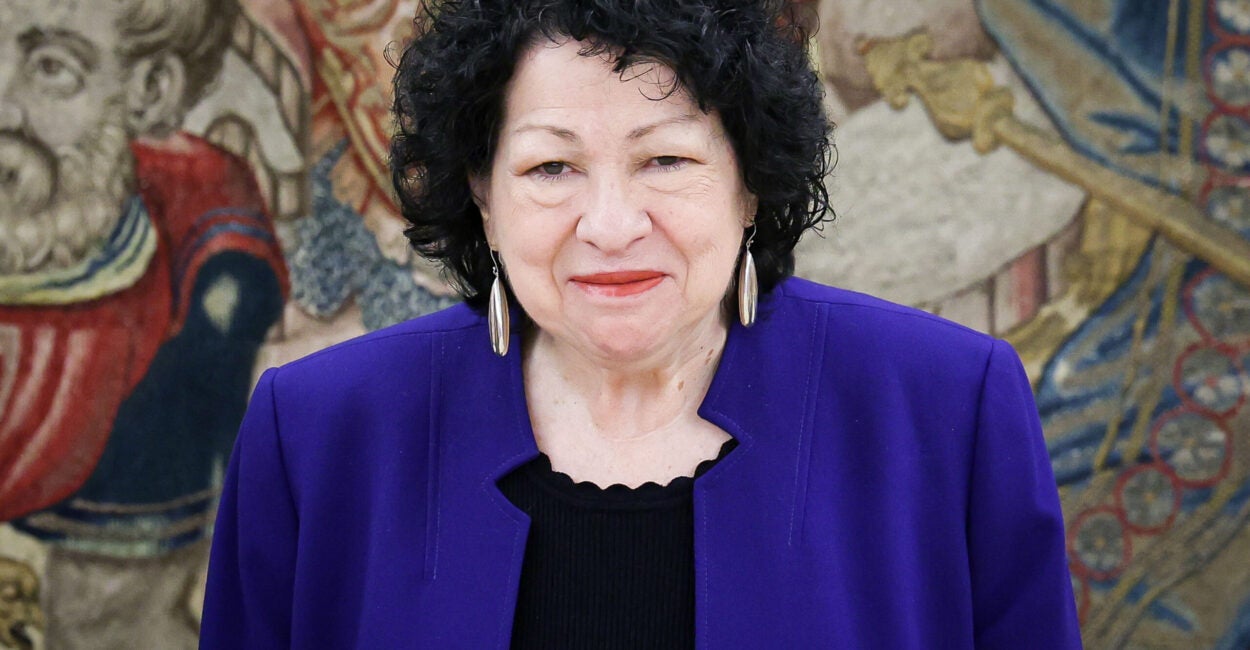


The Supreme Court has unanimously overturned a Wisconsin Supreme Court decision that prevented the Catholic Charities Bureau from receiving a religious tax exemption.
Justice Sonia Sotomayor penned the opinion for the court, while Justices Clarence Thomas and Ketanji Brown Jackson each filed concurring opinions.
The court, in its opinion released Thursday, held that Wisconsin’s court violated the First Amendment by “differentiating between religions based on theological choices.”
The case hinged on a Wisconsin tax exemption for religious employers. Under Wisconsin law, that religious exemption extends to nonprofits “operated, supervised, controlled, or principally supported by a church …” if those nonprofits are “operated primarily for religious purposes.”
But in 2016, the Wisconsin Department of Workforce Development denied that exemption to the Catholic Charities Bureau. While the department recognized that Catholic Charities was supervised by the Catholic church, it said the bureau did not operate primarily for religious purposes—and that it could not receive a religious exemption.
After a lengthy legal battle, the Wisconsin Supreme Court upheld this denial, holding that Catholic Charities’ activities—like helping individuals with disabilities secure employment—were secular in nature, not religious.
Now, the U.S. Supreme Court has reversed that decision, holding it violates the Establishment Clause’s ban on government preference for one denomination over another.
Specifically, Sotomayor wrote, the Wisconsin court discriminated against Catholic Charities simply because it did not proselytize or limit its services solely to Catholics—both of which Catholic Charities believed would be out of keeping with its faith.
In doing this, Sotomayor wrote, the Wisconsin court imposed a “denominational preference that must satisfy the highest level of judicial scrutiny.”
“It is fundamental to our constitutional order that the government maintain ‘neutrality between religion and religion.’ … There may be hard calls to make in policing that rule, but this is not one,” she concluded.
Jack Fitzhenry, a legal fellow at The Heritage Foundation, commented following the decision, “It is heartening to see that the Supreme Court swiftly and unanimously rejected Wisconsin’s weak justifications for the state’s effort to deprive religious charitable works of their religious character—an effort that clearly discriminated against faiths. Lower courts must take note that First Amendment rights of religion cannot be so easily undercut by hostile state actors.”
